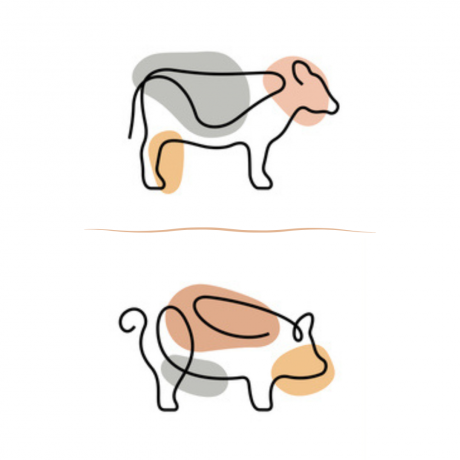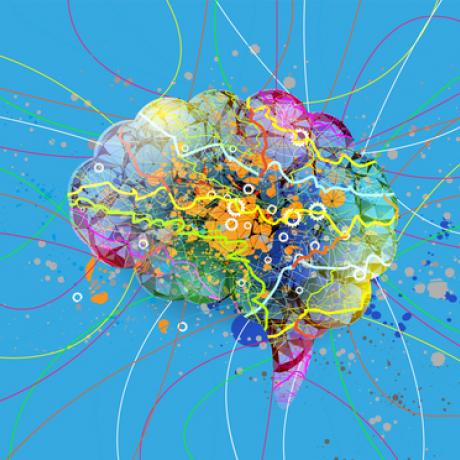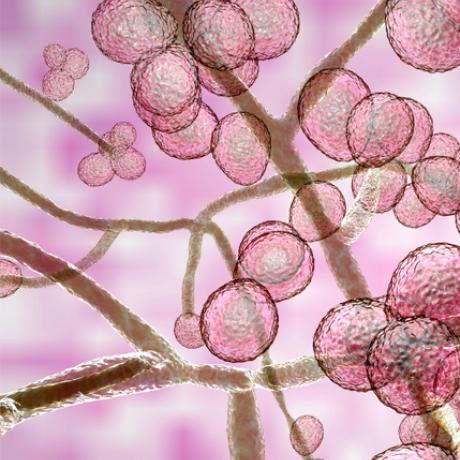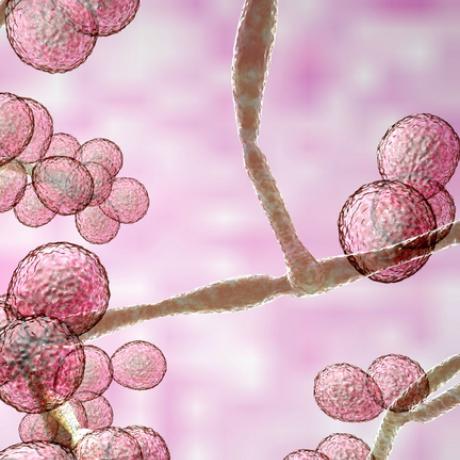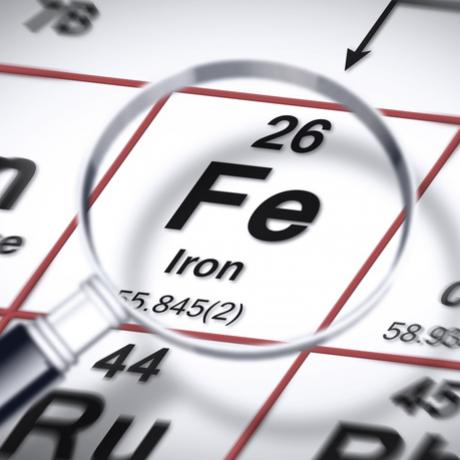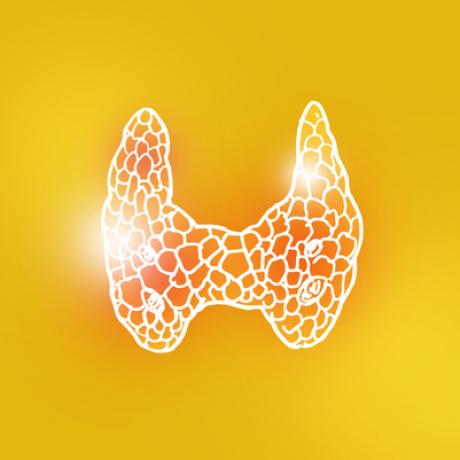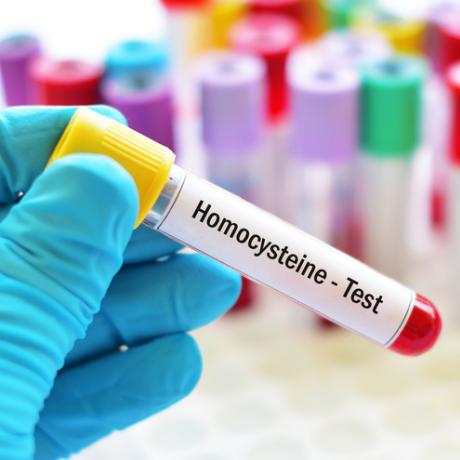The Risks of Glandular Supplements
If you’ve been on a journey of resolving your adrenal dysfunction and hypothyroidism, it’s possible that you’ve either read about or worked with a practitioner who’s suggested bovine (cow) or porcine (pig) glandular supplements. This is misguided. And I’m calling out one supplement company and also one facet of practitioners.
